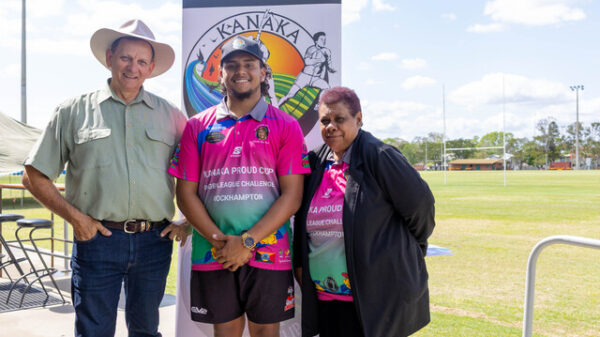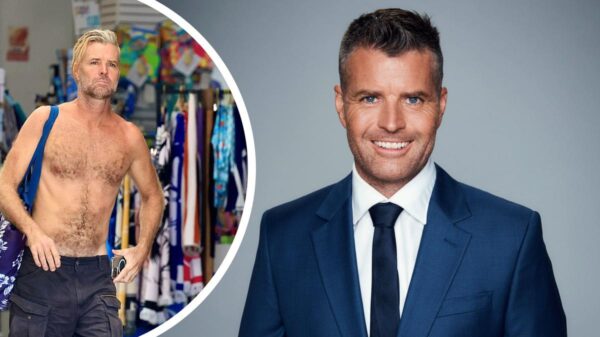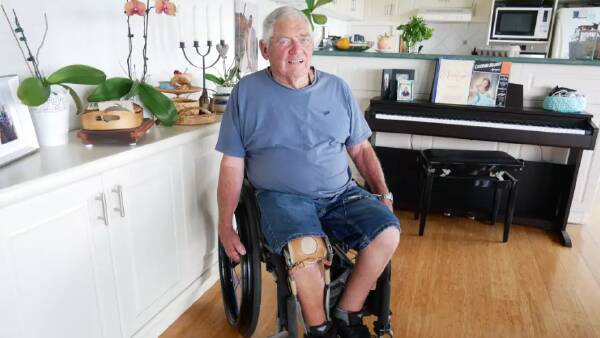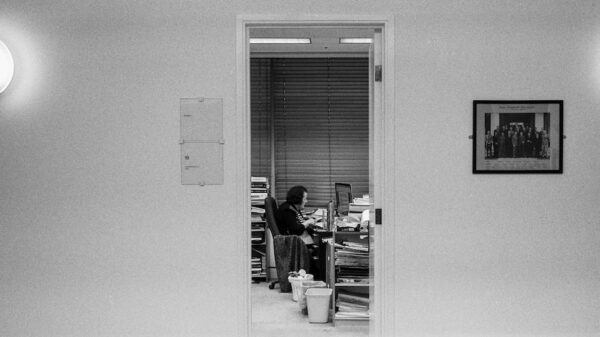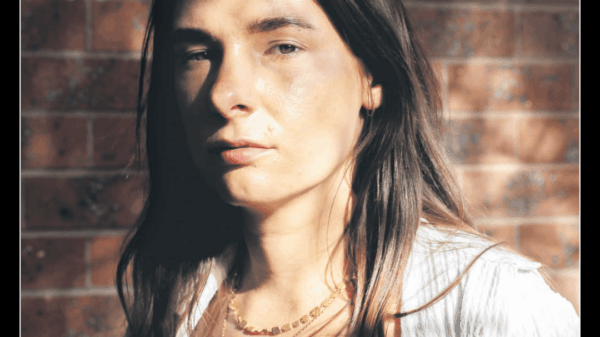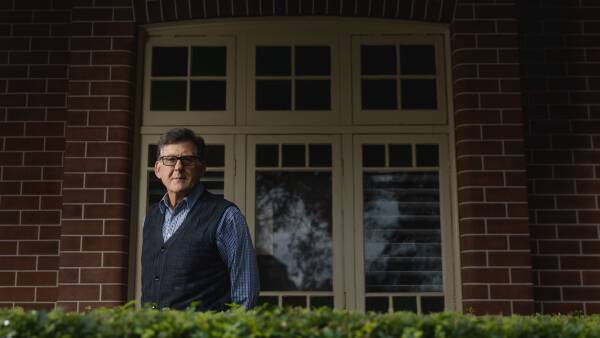UPDATE: A shocking new report reveals that dementia has officially become the leading cause of death in Australia, with nearly 17,400 deaths recorded in 2023 alone. The Australian Institute of Health and Welfare (AIHW) confirms that the number of Australians living with dementia is expected to exceed 1 million by 2065, underscoring a looming health crisis.
This urgent finding highlights the profound impact of dementia on Australian society, with the condition now responsible for 9.5 percent of all deaths. “Dementia was the leading cause of death for women and the second leading cause for men after coronary heart disease,” the AIHW reported. Currently, about 425,000 Australians are living with dementia, equating to approximately 16 people per 1,000.
The statistics are alarming, especially considering the rapid increase in dementia rates with age. For instance, fewer than 1 per 1,000 individuals aged between 30 and 59 are diagnosed, compared to an alarming 210 per 1,000 among those aged 85 to 89. Almost two-thirds of those affected are women.
Tanya Buchanan, CEO of Dementia Australia, emphasizes the urgency of the situation: “With dementia expected to exceed one million by 2065, we simply cannot afford to wait for decisive action.” She calls on governments at all levels to initiate comprehensive strategies aimed at reducing the impact of dementia, including funding for national discussions to raise awareness and promote brain health.
In a poignant personal account, Gina Callan, diagnosed with younger onset dementia at age 58, shared her harrowing journey. “My world shifted overnight,” she said. After experiencing early signs like forgotten appointments and misplaced items, Callan received a devastating diagnosis that could limit her life expectancy to just six to twelve years. “We cried together, then started looking for answers,” she added, reflecting the emotional toll of the disease.
As Dementia Action Week begins, the theme “nobody can do it alone” encourages Australians to connect with those impacted by the disease. Buchanan stresses the necessity of community support, stating that many individuals with dementia experience isolation as friends and family drift away post-diagnosis.
In response to the growing crisis, News.com.au and The Australian are launching a campaign called “Think Again” on Monday, aimed at changing perceptions about dementia and advocating for enhanced support systems.
Dementia encompasses various types, often leading to significant memory loss and affecting speech, cognition, and emotional control. While Alzheimer’s disease is the most common form, many individuals suffer from mixed dementia, and even those under 65 can be affected.
Although no cure currently exists, many risk factors are modifiable. Callan advocates for brain health education in schools to combat the impending wave of diagnoses, highlighting that almost half of dementia risk is linked to controllable lifestyle factors such as sleep, exercise, and smoking.
The economic burden of dementia is staggering, with $3.7 billion attributed to diagnosis, treatment, and care in 2020-21. The AIHW estimates that dementia was the main reason for hospital admission in approximately one in every 455 cases last year.
As the nation grapples with these alarming statistics, immediate action is crucial to address the growing dementia crisis. The call for a united front against dementia is more urgent than ever, as the health and well-being of millions hang in the balance.




